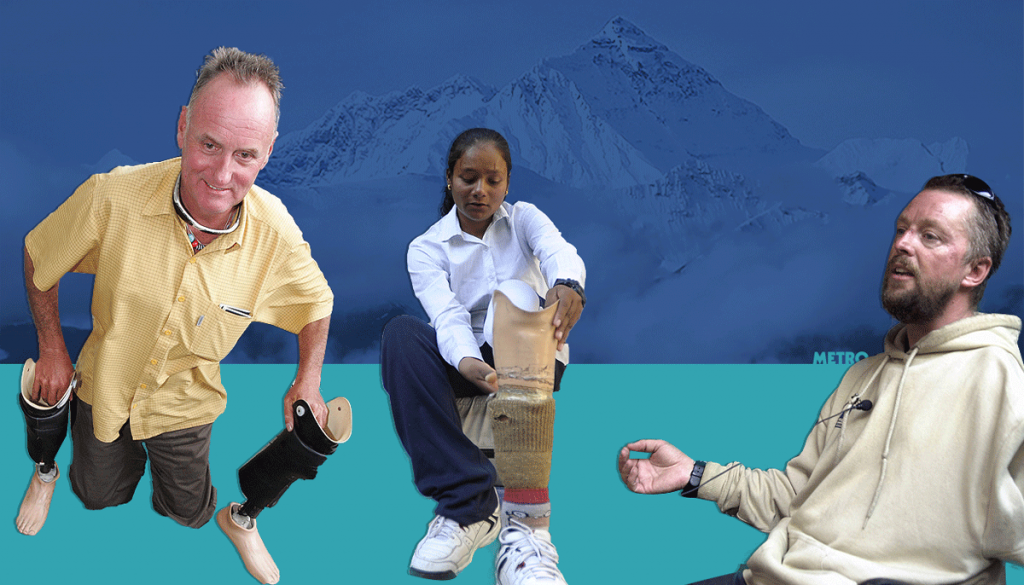Mount Everest: Nepalese Government To Issue Climbing Restrictions
“We must maintain the glory of Everest climbing”, Mohan Krishna Sapkota, joint secretary of Nepal’s Ministry of Tourism, said Tuesday.
“We can not let everyone go on Everest and die”, said the country’s tourism minister, Kripasur Sherpa.
The proposals come five months after an avalanche triggered by a massive quake killed 18 people at Everest base camp and are aimed at improving safety, but they are also likely to spark accusations of discrimination.
In previous years, hundreds of “tourist climbers” attempted to scale Everest, much to the concern of experienced mountaineers.
“We don’t think we should issue permits to people who can not see or walk or who don’t have arms”, Nepalese tourism department chief Govinda Karki told the AFP.
The dream of scaling Mt. Everest may remain elusive for a few aspiring climbers, as Nepalese officials have stated that the country is set to introduce a series of regulations banning inexperienced climbers from attempting the risky climb.
Last week the Japanese climber Junko Tabei, who in 1975 became the first woman to climb Everest, said overcrowding was causing environmental issues.
He said similar proposals had been mooted in the past, but instead of blanket bans, the government should impose the rules they already have. People under 16 are not allowed to climb Everest, but there is no upper age limit.
But Everest has in recent years drawn multitudes of climbers wanting to overcome their disabilities and achieve the formidable feat. Critics of the modern Everest scene have also seized on the expanding diversity of its climbers-teenagers, octogenarians, amputees, and people with all sorts of chronic illnesses and physical impairments have gone to the top-as evidence that the mountain is too accessible and that it only takes money, not skill, to reach the summit.
Last week, Japanese mountaineer Nobukazu Kuriki, who had previously lost nine fingers to frostbite, abandoned his attempt to climb the mountain.
The president of the Nepal Mountaineering Association said he doubted the plans would be implemented.








